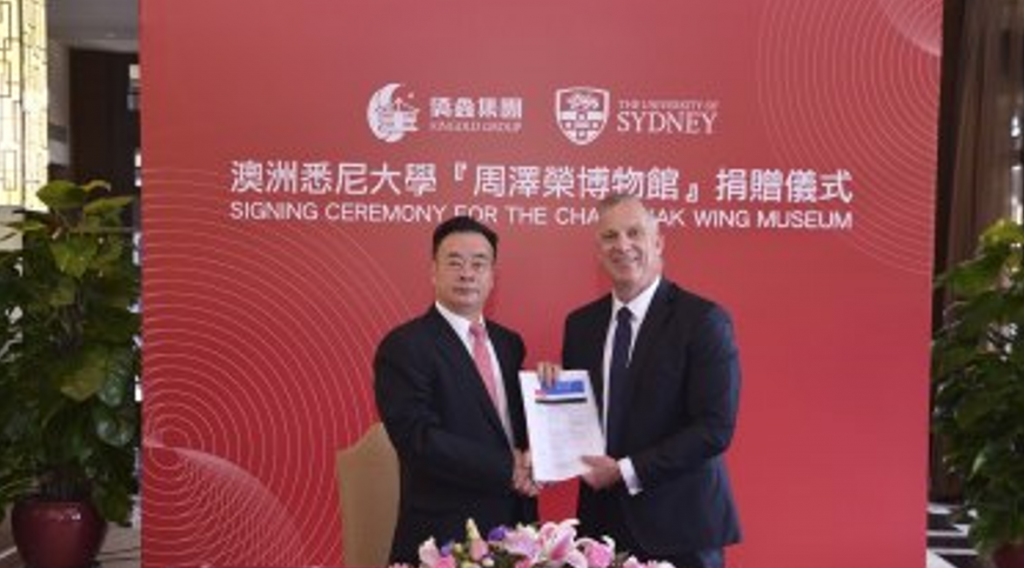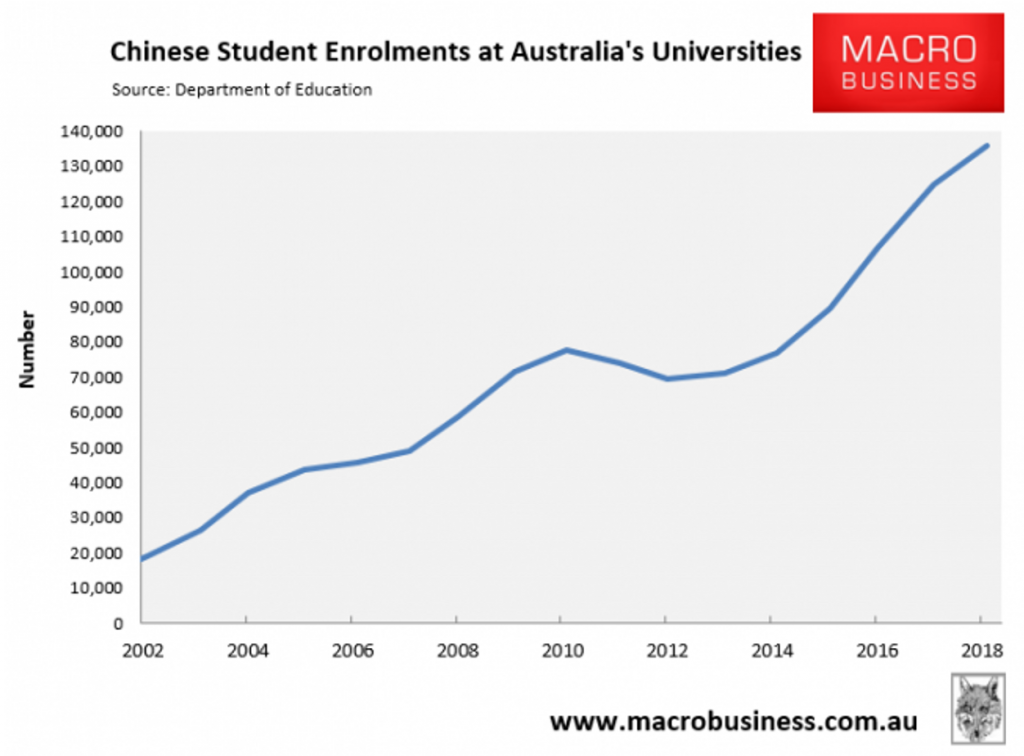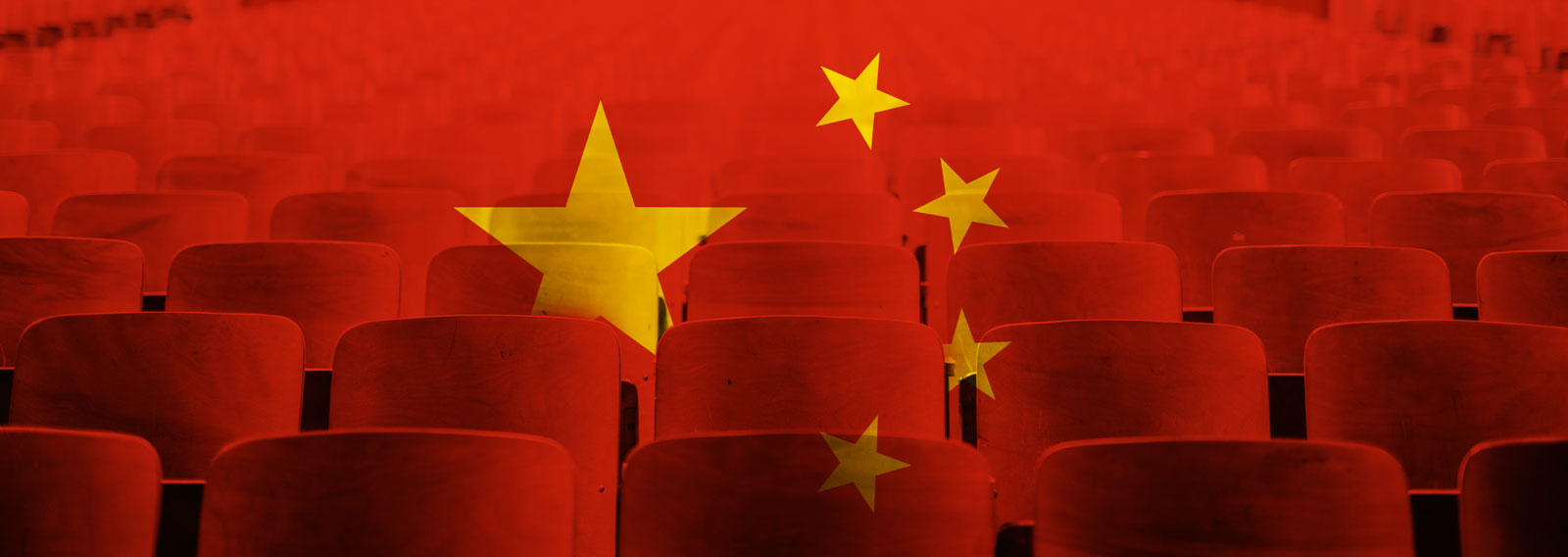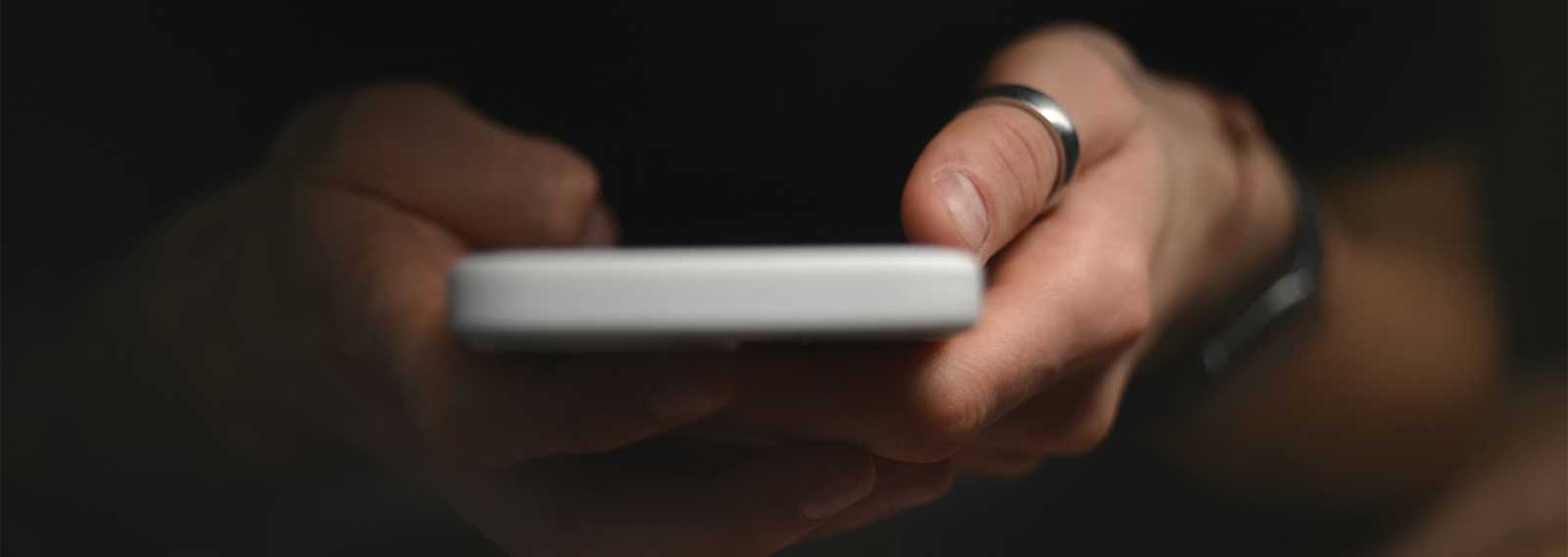“In my opinion, it is less shameful for a king to be overcome by force of arms than by bribery.” — Sallust (86-35 BC)
Over the past few years, there has been a looming suspicion that the Chinese Communist Party (CCP) is in bed with Australian universities. This suspicion is now substantiated by large swathes of evidence, most of which has been ignored by the mainstream media.
In 2008, the CCP launched Thousand Talents program. The program seeks to recruit and employ talented graduates across the globe to grow China into a formidable superpower through economic and military advancement. Since then, it has lured thousands of professors and researchers internationally with offers of lucrative funding, and extensive research opportunities.
At the turn of 2019, the US Senate produced a detailed report outlining the potential dangers posed by the scheme, particularly in relation to intellectual property theft, espionage, and international security. While the CCP has attempted to keep the Thousand Talents program sub rosa (di diao), a recent bombshell report exposed its inner workings.
I. The University of Sydney
Just last week, Honi Soit — a student newspaper at Sydney University — published a ground-breaking article. The piece detailed links between engineering professors (Professors Yie-Wing Mai and Lin Ye) and CCP talent recruitment programs. Through these programs, the CCP allegedly seeks to recruit Australian university students to participate in developing military and weapons projects.
Honi Soit reported:
“The programs offer participants lucrative funding and access to laboratories and staff. They often allow academics to draw a second salary while maintaining employment at their original institution.”
Within hours of publishing the piece, Honi Soit pulled it from the site, citing ‘escalating Sinophobia’ and ‘harm to the Chinese community’ as justifications for doing so.

Honi Soit generated masses of criticism on their Facebook page following the retraction, including accusations that they were submitting to the CCP and sacrificing freedom of speech.
Compare this censorship of CCP criticism to the response of Sydney University academics to the Ramsay Centre for Western Civilisation in mid 2018. According to The Guardian, the proposal was accused of being ‘European supremacy writ large’ by over 100 Sydney University academics, resisting its establishment.
In 2015, Chinese-Australian property developer — Chau Chak Wing — donated $15 million AUD to the University of Sydney to build the recently constructed ‘Chau Chak Wing Museum’ situated immediately in front of the quadrangle.

Chau Chak has been the subject of numerous investigations, many of which are outlined by Clive Hamilton in his 2018 work Silent Invasion: China’s Influence in Australia.
According to Hamilton, Chau Chak…
- Funded multiple short-term visits to China for Kevin Rudd between 2004-05.
- Donated over $4.6 million to Labour and Liberal political parties between 2007-2018.
- Wired $200,000 in 2013 through Sheri Yan to the personal bank account of deceased President of the United Nations, John Ashe. In 2016, Sheri Yan was arrested on charges of bribery and admitted to paying Ashe $800,000 in bribes.
II. The University of Technology (UTS), Sydney
Over the past ten years, UTS has been under mounting criticism for its deepening relationship with the CCP. Among the most dangerous of the links between UTS and the CCP which has been exposed is a global data-mining company that is majority-owned by the Chinese government, Global Tone Communication.
GTCOM has progressively developed and provided a digital ecosystem of user data for the CCP. GTCOM are known to have a close partnership with Haiyun Data (HYData), who are the primary producers of surveillance equipment used in the Uyghur concentration camps in western China.
Access to confidential data, networks, and databases are among the greatest reasons why the CCP has a vested interest in continuing the partnership between GTCOM and Australian universities. Indeed, this is what has been achieved through the partnership between the CCP, Huawei, and GTCOM over the past ten years in China.
On the role of such data-mining companies, Samantha Hoffman of the Australian Strategic Policy Institute writes: “The party-state intends to shape, manage and control its global operating environment so that public sentiment is favourable to its own interests.”
In January 2019, it was the ABC claimed that UTS established a laboratory with a partner of GTCOM Haiyun Data. Furthermore, this partnership involved the awarding of a $3.2 million AUD fellowship grant to Professor Jie Lu of UTS for her research into artificial intelligence and data collecting.
UTS denies there is any joint laboratory or partnership between UTS and either HYData or GTCOM.
III. The University of Tasmania (UTAS)
In mid-2019, Four Corners alleged that the University of Tasmania had waived English requirements for more than half of its international students in the effort to increase applicants. Chinese President Xi Jinping’s visit to Tasmania in 2014 was what led UTAS to increase Chinese enrolments, inevitably raising the question: ‘why’?

Leith van Onselen writes:
“Chinese students make up around 40% of Australia’s $34 billion international student market. There are also many China-backed Confucius Institutes operating on university campuses, which are a fully funded subsidiary of China’s Ministry of Education. Their formal mission is to promote Chinese language and culture, and thus provide an uncritical view of Chinese society.”
In 2016, Julia Jabour — a senior lecturer in law and policy from UTAS — gave an address at the Confucius Institute at the University of Adelaide. Jabour argued that Australia needed to relax its position against China, claiming that China is ‘misunderstood.’ There is extensive evidence China is using Antarctica not only for research and mineral extraction, but also as a hub for military operations.
During the Hong-Kong riots of 2019, hundreds of students in the UTAS Chinese Students and Scholars Association (CSSA) protested the presence of pro-Hong Kong material on campus. It has since been revealed that the CSSA is funded and operated by individuals in the Chinese embassy, who have globally acted to serve the interests and objectives of the CCP.
As the ABC reported, the CSSA’s mission is to:
- “…to assist the Embassy of the People’s Republic of China…”
- “…facilitate the connection between the Embassy and the Chinese students and scholars…”
- “Communicate with the [Chinese] Embassy”
IV. The University of Queensland (UQ)
The 2019 expulsion of pro-Hong Kong UQ student — Drew Pavlou — ignited criticisms of the university’s questionable relationship with the Chinese government. Pavlou was expelled from UQ following protests to have the Vice Chancellor of UQ —Peter Høj — removed from office due to his cosy relationship with the CCP
Høj’s role as a senior consultant for Hanban until 2018 — the organisation overseeing Confucius Institutes globally —led to his award of a $200,000 bonus from UQ for bolstering ties with China.
During his time as Vice Chancellor, Høj permitted the Confucius Institute to co-fund and develop various undergraduate units. These ranged from courses which justified the CCP’s brutal treatment of the Uyghur people, to others which promoted China’s role in the international sphere.
Alex Joske of the Australian Strategic Policy Institute claimed in 2019:
“There has been a lot of concerning activity at UQ. It particularly engages in high levels of collaboration with Chinese partners, some of which has raised serious human rights concerns.”
Conclusion
The CCP is cognizant that in order to continue its imperialism in Australia, it must centre its efforts on the universities. Infiltrating universities provides the CCP with the opportunity to exert soft power, through the stifling of academic debate and the establishment of research partnerships that further China’s military objectives.
The Australian Government must wake up and face this national security threat, lest we continue to witness the demise of our national sovereignty, and the escalation of foreign interference. In light of this, we would do well to hearken to the warning of Sallust.






















You must be logged in to post a comment.